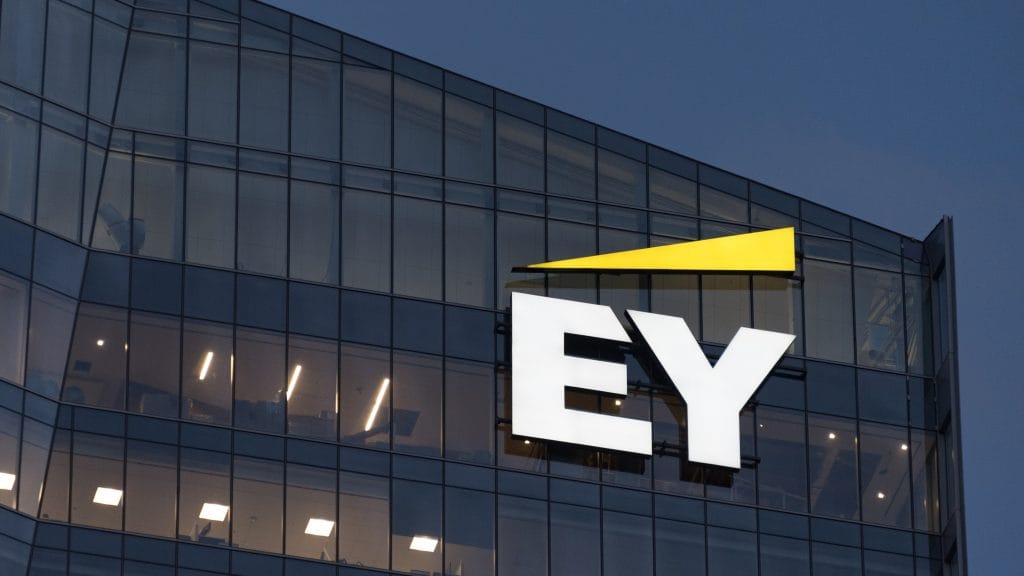Luxury Clients Shift Toward Quality, Pre-Owned, and Sustainable Goods, EY Survey Finds

- 71% of luxury buyers are driven by product quality, while price remains the main deterrent for aspirational clients.
- Over half of consumers would buy pre-owned goods directly from luxury brands, signalling opportunity in certified resale and rental.
- Sustainability ranks alongside price as a top-five purchase factor, with packaging and materials shaping demand.
Quality over Quantity Defines Luxury’s Next Phase
The global luxury sector is navigating slowing demand, shifting consumer expectations, and a changing definition of value. According to the first EY Luxury Client Index, a survey of 1,600 consumers across ten markets, high-quality craftsmanship remains the strongest driver of luxury purchases. Yet price sensitivity and rising interest in sustainability are forcing brands to rethink strategy.
Seventy-one percent of respondents said their purchases are primarily motivated by product quality, a finding that reaffirms craftsmanship as the foundation of luxury. Status and logos continue to matter, but aspirational buyers—particularly younger generations and consumers in Japan and the UK—are increasingly weighing cost against value.
Sixty-two percent reported opting out of a purchase in the past year due to price. Nearly half said they would postpone luxury buys until affordable, while 29% would wait for discounts or outlet sales. The results highlight the growing tension between perceived quality and retail pricing in an inflationary global economy.
Sustainability Moves to the Forefront
The research shows sustainability is no longer a peripheral consideration. Thirty-one percent of clients ranked it among their top five decision-making factors, placing it on par with price. Packaging and material innovation are particularly valued, with 53% citing eco-friendly packaging and 45% highlighting sustainable materials as key differentiators.
Demand is strongest in the UK and Mainland China, where clients are actively rewarding brands that show measurable progress on climate and environmental goals. For luxury houses, the findings suggest that exclusivity and celebrity endorsement are giving way to a broader concept of value: innovation rooted in responsibility.
“Price sensitivity and sustainability are now as influential as brand heritage,” said Silvia Rindone, EY-Parthenon UK&I Retail Lead. “Clients are increasingly open to pre-owned and rental options. The opportunity lies in redefining value—offering not just exclusivity, but meaningful experiences and sustainable choices that resonate with today’s discerning clientele.”

RELATED ARTICLE: EY Survey: 85% of Investors See Greenwashing as a Growing Problem in ESG Reporting
Resale and Rental Emerge as Growth Channels
One of the strongest growth signals lies in second-hand sales and rentals. Over half (54%) of respondents said they would purchase pre-owned products directly from a luxury maison, while 50% would consider renting for special occasions or convenience.
Traditionally, luxury brands have kept the resale market at arm’s length, wary of diluting exclusivity and cannibalising new product sales. But the EY data suggests in-house certified resale and rental could reclaim market share from third-party platforms, reinforce customer loyalty, and unlock repeat spending.
“The potential for resale is tremendous,” said Rachel Daydou, Partner, Luxury AI & Sustainability at EY Fabernovel in France. “Certified pre-owned sales directly from brands could close the gap with external platforms while addressing consumer concerns about value, authenticity, and sustainability. For maisons, this is not a loss of exclusivity—it is an opportunity to lead.”

Stores Remain Central, but Omnichannel Demands Rise
Despite rapid digitalisation, the physical store continues to anchor the luxury experience. Seventy-five percent of clients purchased their latest luxury item in-store. The tactile and immersive environment remains integral, though younger buyers—particularly Gen-Z and Millennials—expect seamless integration between online and offline.
“Consumers still seek the tactile, immersive environment that only in-store shopping can offer,” Rindone noted. “Retailers must elevate the journey—personalised service, exclusive access, and seamless digital integration. It’s not just about selling a product; it’s about creating a moment that feels worth the investment.”
Markets such as the UAE show particularly strong demand for premium omnichannel services, with clients expecting online channels to mirror in-store exclusivity.
Strategic Takeaways for the C-Suite
For executives, the survey points to three strategic imperatives. First, quality remains non-negotiable, but price dynamics are shifting, especially in aspirational markets. Second, sustainability is climbing to parity with traditional value drivers and requires tangible commitments across packaging, materials, and supply chains. Finally, pre-owned and rental markets represent a structural growth lever, one that can fortify brands against market volatility and changing consumer behaviour.
Luxury’s challenge is to maintain heritage while meeting modern demands for access, affordability, and accountability. The EY Luxury Client Index suggests the next era of growth will not come from exclusivity alone, but from how effectively brands define and deliver value in a world where sustainability and circularity are becoming inseparable from luxury itself.
Follow ESG News on LinkedIn












